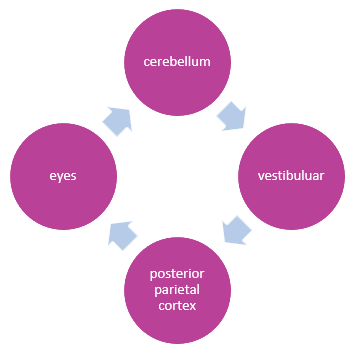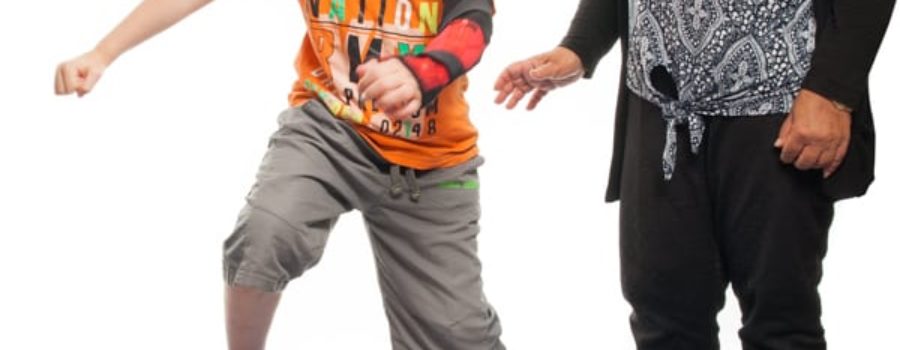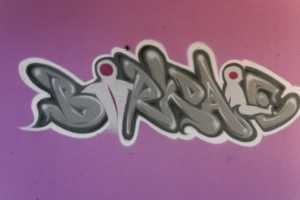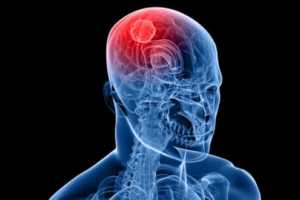As a paediatric neuro physio in London I have always enjoyed working with children. Physio treatment for children should be fun and engaging. I also thoroughly enjoy the games, the paintings and all the activities that we conjure up together.
I am always learning from my little pupils. Children are amazing teachers. One of my patients, a little girl showed me that if you really want to achieve something you have to work at it, and she does.
She arrived at my practice being incapable of lying, sitting or standing nor could she balance or track with her eyes from left to right.
In her initial assessment her head, neck and trunk were fixed in extension. I introduced two peanuts balls. She found it fun to lie on the ball and look up and participate in different activities. This simple activity helped her to engage her abdominal muscles, she also started learning vertical eye movements.
The vertical eye movements are criterial in anterior /posterior balance mechanism. Head extension results in poor vertical eye movement which means the head extension prevents them from looking down to stop themselves falling.

The games we played had to be fun to keep her engaged and motivated. In order to teach and practice horizontal eye movements we used a simple transparent tube and run marbles through it. She would follow the marbles in the tube, practising horizontal eye movement, while sitting on a 55cm air cushion and moving side to side to learn weight transfer.
The lower limbs were weightless and she could not anchor her lower limbs down. I used ankle weights and she instantly felt safe.
The reason she felt safe is because there is a direct link between joints preceptors and muscles to cerebellum and this area is essential for balance mechanism.
Standing was also very challenging for her as she had poor coco traction of all the muscle groups. I thought the neuro muscular stimulation would be beneficial to her. I called it the buzzy machine and we put fun stickers on the electrode and practised on a doll’s limbs.
Standing with her back against a wall and having a table in front of her encouraged her to look down. We had all sort of puzzles on the table which helped hand and eye coordination.
Eye movements are fundamental in helping her to learn balance. She has learned to cycle, use a scooter and we are now working on gait.
She sings instructions to herself: “toes up” when she is walking. Rhythm is key in working with ataxia.
We are working and learning from each other, how to have fun and improve level of abilities.




